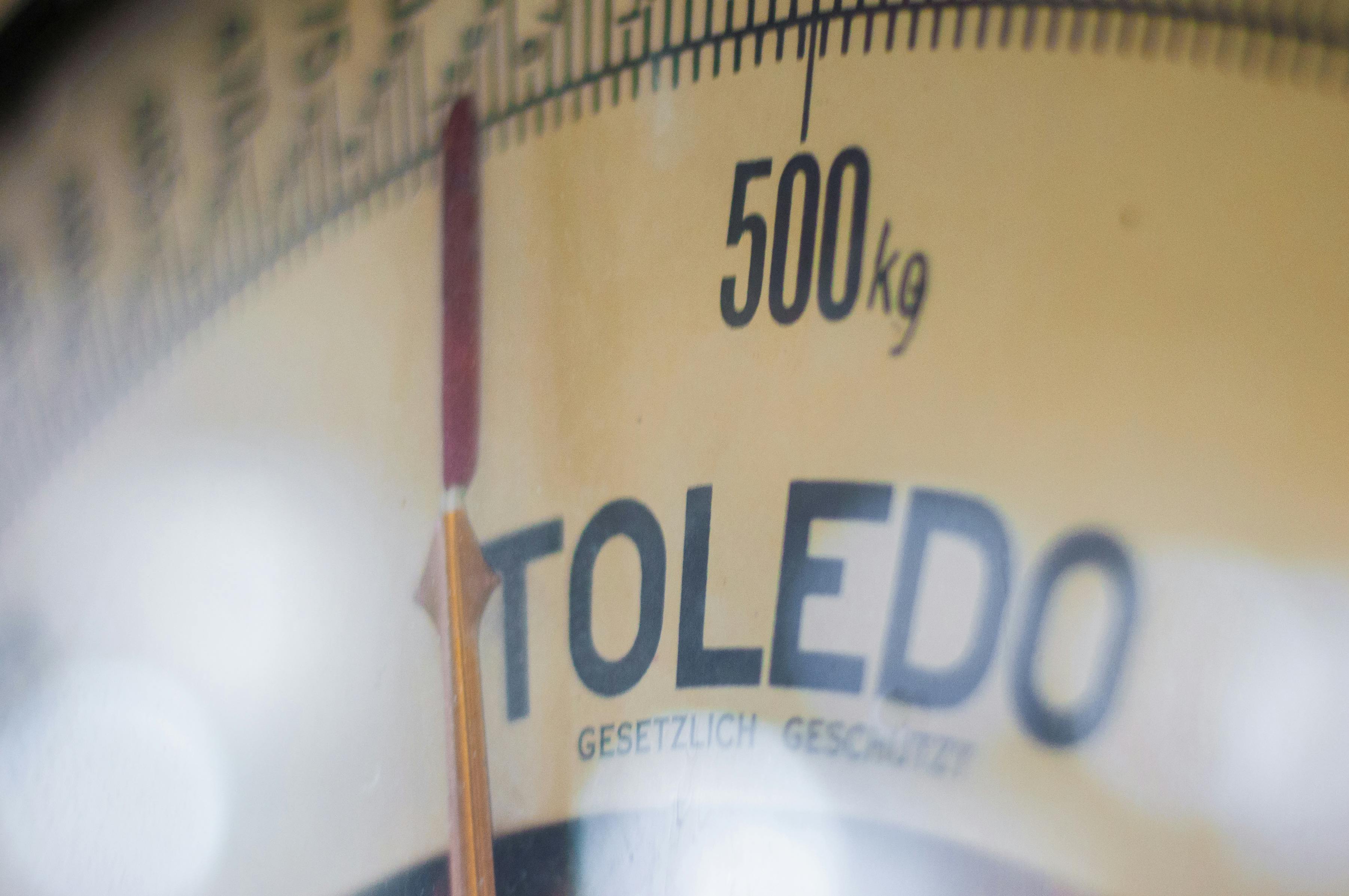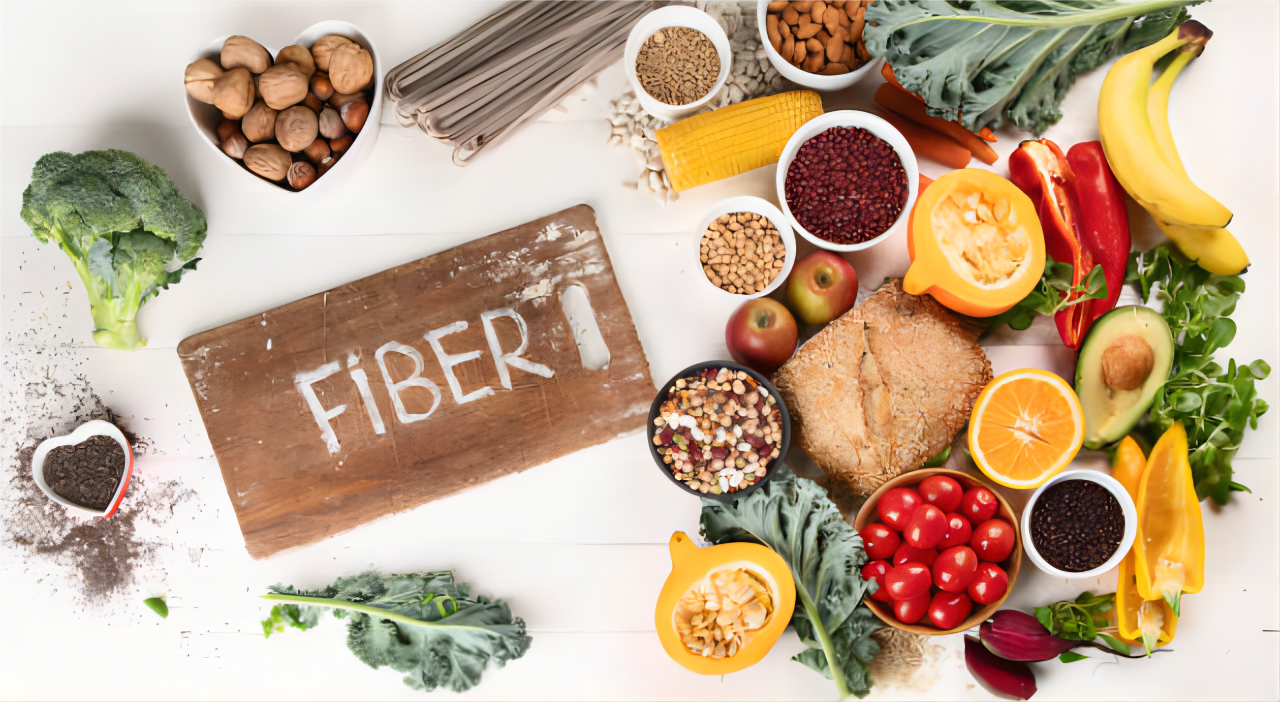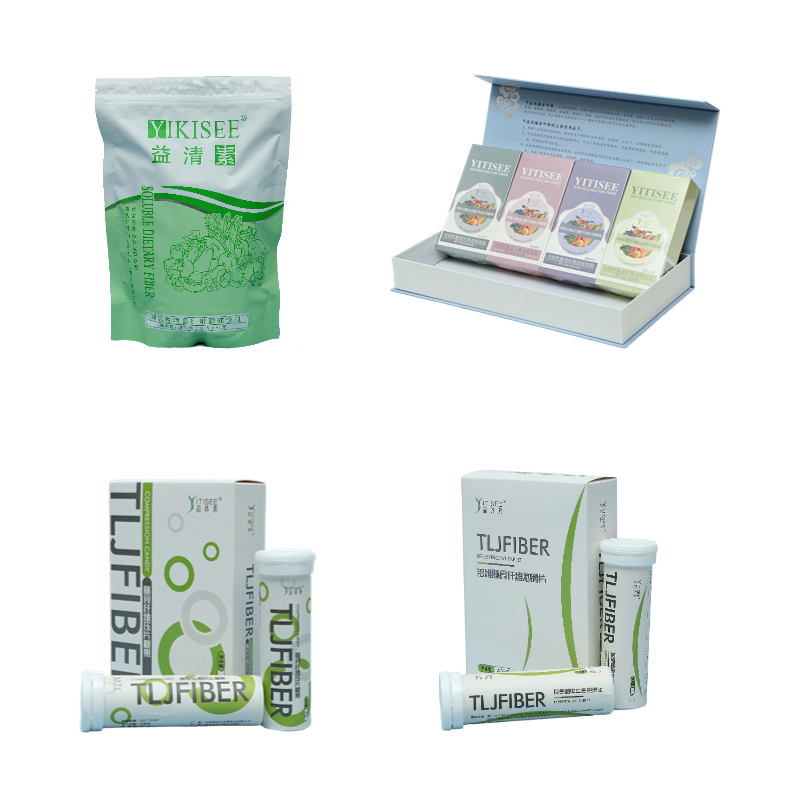The role of dietary fiber in weight management

Recently, the National Health Commission and 16 other departments jointly formulated the "Weight Management Year" Activity Implementation Plan, introducing the relevant situation of "strengthening weight management and promoting the health of the masses".
According to the "Report on the Nutrition and Chronic Disease Status of Chinese Residents (2020)", the overweight rate and obesity rate of residents aged 18 and above in my country are 34.3% and 16.4% respectively, among which the obesity rates of residents aged 18 to 44, 45 to 59 and 60 and above are 16.4%, 18.3% and 13.6% respectively, and the obesity rate of Chinese residents is on the rise.
At present, weight management is a large and fast-growing market both globally and in China.

According to market data from Coherent Market Insights, the global weight management-related market size is expected to exceed US$294.2 billion in 2027, with a compound annual growth rate of 7.1%. According to Euromonitor data, China's weight management market reached 13.7 billion yuan in 2020, and it is expected that by 2025, the weight management market size will reach 21.5 billion yuan, with an average annual growth rate of 9.4%. And the population base is still expanding globally.
In terms of sugar control, sugar replacement, and increasing satiety, dietary fiber has a wealth of clinical trials and product practices.

Modern research has shown that dietary fiber intake is related to the incidence and mortality of cardiovascular diseases, the incidence of diabetes, and the incidence of colorectal cancer.
Intake of dietary fiber can enhance the intestinal intake of key elements such as iron, zinc, and calcium;
Almost all types of dietary fiber can promote defecation and maintain the stability of defecation.
Studies have found that for every 7 grams of dietary fiber intake through food, the risk of cardiovascular disease will decrease by 9%, the risk of stroke will decrease by 7%, the risk of colorectal cancer will decrease by 8%, the risk of rectal cancer will decrease by 9%, and the risk of diabetes will decrease by 6%. It can be said that increasing dietary fiber is a cost-effective healthy dietary measure that can quickly show results.
What foods should be supplemented to take in 30g of dietary fiber every day?
30g of dietary fiber ≈ 50g~150g of whole grains and beans + 500g of vegetables + 250g of fruit + 10g of nuts (kernel)
On this basis, add some dietary fiber from foods such as fine grains, soy products and potatoes to reach the recommended intake of 30g a day.
In addition, dietary fiber supplements can also be used to supplement the daily dietary fiber required.
The existing dietary fiber supplements on the market are mainly solid beverages, compressed candies and effervescent tablets. Most of these dietary fiber supplements are easy to eat, easy to dissolve, and have a wide range of application scenarios. They can quickly supplement dietary fiber and make up for the deficiencies in our daily diet, and are accepted by more and more people.

Reference article: Dahe Health Network "16 departments jointly launched the "Weight Management Year""
People's News: British "Nature" magazine once again praised "dietary fiber"! 25 grams a day, the risk of death is reduced by 15%
Zhitiqiao "The 100 billion weight management trend, is this the next top raw material? "




